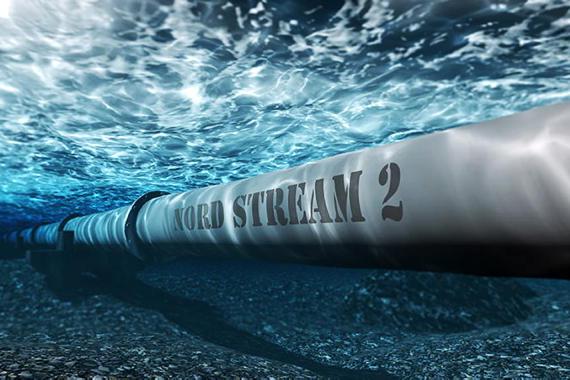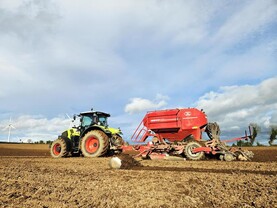Any chances of Russian gas supplies returning to Europe this year took another blow this week when both the Nord Stream 1 and 2 pipelines under the Baltic Sea sprung substantial leaks.
EU foreign policy chief Josep Borrell said in a statement that the leaks are the result of a “deliberate act”.
While it is difficult at this point to work out who would benefit from severely damaging sub-sea gas pipelines, the effect is fairly obvious.
European Council president Charles Michel tweeted that the act, which he called sabotage, appears to be an attempt to further destabilise energy supply to the EU. He added that EU efforts to diversify energy supplies away from Russian gas would continue.
Jump in prices
In the short-term, the biggest effect from the incapacity of the pipe lines has been a jump in European gas prices. The market had possibly been holding some hope that gas flows might have resumed over the coming months. That now is clearly impossible.
As Irish farmers are only too aware, the price of gas in Europe has a knock-on effect for the price of fertiliser, as production of the key agriculture input is an energy-intensive process.
Much of the continent’s capacity has been idled due to exceptionally high gas prices since Russia’s invasion of Ukraine.
There were hopes that a recent drop would allow some fertiliser plants to restart. The continued rise in gas prices since the rupture of the pipelines is a major setback for those hopes and the prospects of cheaper fertiliser.






 This is a subscriber-only article
This is a subscriber-only article










SHARING OPTIONS: